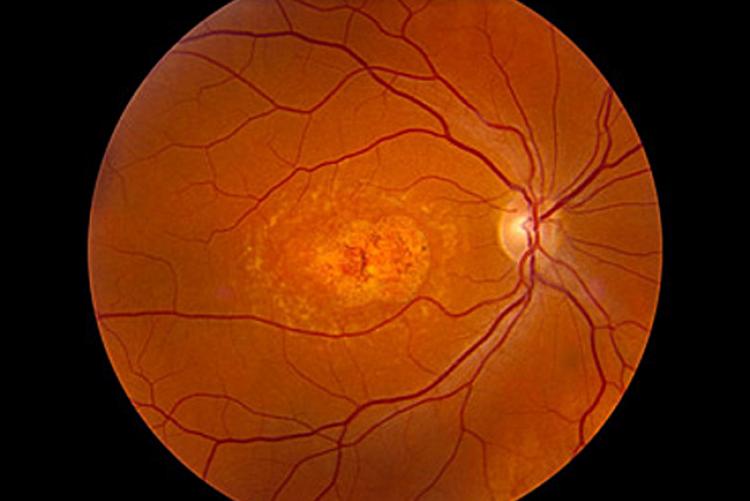Inherited retinal dystrophies (IRDs) are a group of genetic disorders that affect the retina, a thin layer of tissue at the back of the eye responsible for transmitting visual information to the brain. These disorders can lead to progressive vision loss and, in some cases, complete blindness. While IRDs are a global problem, research on the genetic basis of these disorders has been primarily focused on populations of European and Asian ancestry. Black, indigenous Africans with more genetic diversity are underrepresented in IRD research.
A recent literature review by Dr. Oscar Onyango, a PhD scholar in the Department of Medical Microbiology and Immunology, aims to synthesize information on IRD genetic research conducted among indigenous black Africans to identify challenges and opportunities for progress. The study, published in the Journal of Personalized Medicine, reviewed 11 empirical publications reporting the genetic analysis of IRDs among indigenous Africans.
The review found that the main genetic testing methods include next-generation, whole exome, and Sanger sequencing. The main IRDs the genetic tests characterise include retinitis pigmentosa, Leber Congenital Amaurosis, Stargardt disease, and cone dystrophy. Examples of implicated genes include MERTK, GUCY2D, ABCA4, and KCNV2 for the four IRDs, respectively.
However, the review also found that research activities on the genetics of IRDs are generally scanty in Africa. Even in South Africa and North Africa where some research activities were noted, only a few indigenous black Africans were included in the study cohorts. There is an urgent need for genetic research on IRDs, especially in East, Central, and West Africa.
The lack of research on IRDs among black indigenous Africans has implications for both diagnosis and treatment of these disorders. Genetic testing can help clinicians diagnose IRDs accurately, which is essential for managing the disease and providing appropriate treatment. Additionally, genetic research can lead to the development of genetic therapies, which can slow or halt the progression of vision loss.
Dr. Onyango’s literature review highlights the need for increased genetic research on IRDs in black indigenous African populations. By identifying the challenges and opportunities for progress, this study can inform future research efforts and help to address the global problem of IRDs.
- Log in to post comments

